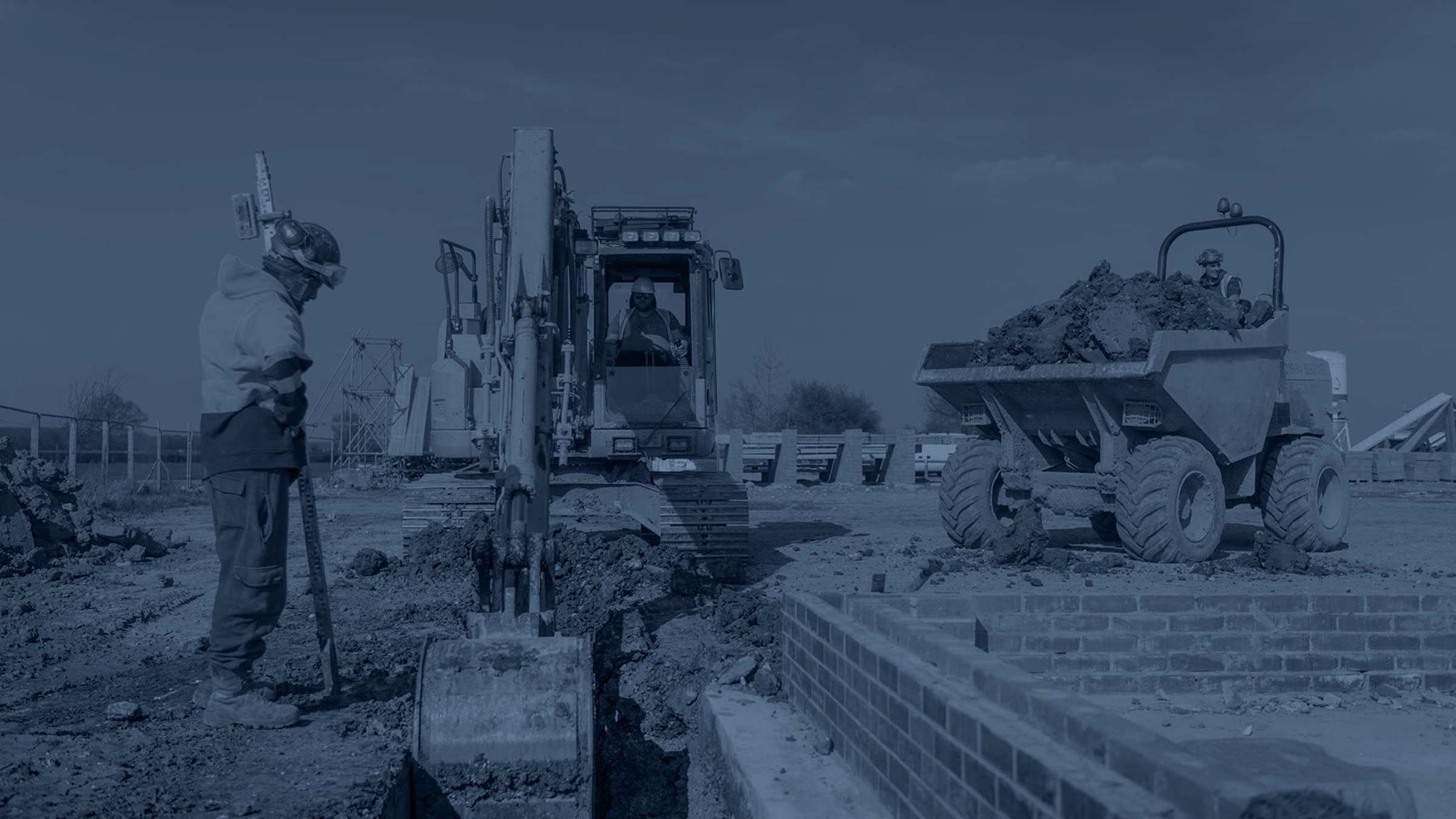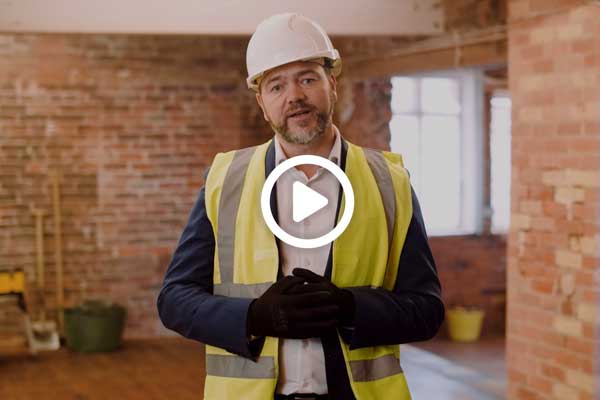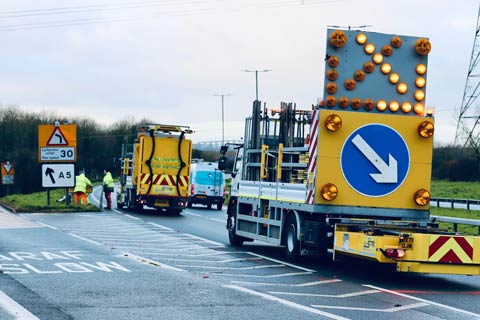9th April 2019 | David Jackson
David Jackson imagines the future – and keeps his fingers firmly crossed
It may have been almost a decade since the last Labour government, but the next one may be upon us in a matter of months. A general election could be a way out of the Brexit deadlock – and that could see Jeremy Corbyn as the new tenant of 10 Downing Street.
Would that be a game-changer for construction’s reliance on freelance builders and their self-employed status?
Let’s begin with the trade union view, expressed repeatedly over the years, that ‘workers’ are forced into self-employment by unscrupulous construction bosses, simply to ‘deny them their rights’ and/or to save employers’ national insurance contributions. Given the repeated declaration by Labour that upholding workers’ rights is one of their key tests for a Brexit deal, you can see a connection is likely.
Contrast that to Hudson Contract’s own earnings data for self-employed construction workers, and there is consistent proof that freelancers often earn around 50% more than their employed counterparts. Not only that, but the tax deducted at source and paid to HMRC is an increase over direct employment taxes at negotiated rates.
The ‘Big Idea’: Subbies denied the right to be their own bosses
Now let’s go back to 2009 when a Labour government consulted on whether to introduce new tax legislation to deem all income paid to labour-only subbies to be taxed as employment income. Would John McDonnell as Chancellor simply blow the dust off that shelved idea?
How would such draconian legislation work in practice?
Would there be a challenge from freelance builders who might be denied their right to be taxed under CIS, for simply opting to bring their skills, tools and willingness to be paid for what they produce to the workplace?
Would the housing sector’s output shrink – and would the number of affordable homes being built each year start to diminish?
And what of productivity? We are told that other countries achieve better productivity than the UK and that we need to up our game. So how would a Labour government expect to achieve better outputs if every worker has to be employed unless they provide materials and are VAT registered?
And if every worker is an employee with increased rights, how many privately-owned businesses will be optimistic about investing in more employees and business expansion?
Hopefully, the country will be spared an emergency general election and we can all wait until it is meant to happen in May 2022. But if it doesn’t pan out that way, and the country votes in a Labour government, I’ll be keeping my fingers crossed that inheriting the second phase of Brexit will occupy most of its time so they can’t consider interfering with the tax and employment status of freelance builders, the overwhelming majority of whom are happy with their current income and tax deduction.
Want to talk to us?
If you would like to get in touch, call us or fill in your details and we will call you back.
Call 01262 401040
Request a callback
To speak to one of our team, call us on 01262 401040
Or request a callback and one of our team will be in touch at a time that suits you.
Request a callback
Please select your role and fill in your details and we'll get you the right person to call you:




